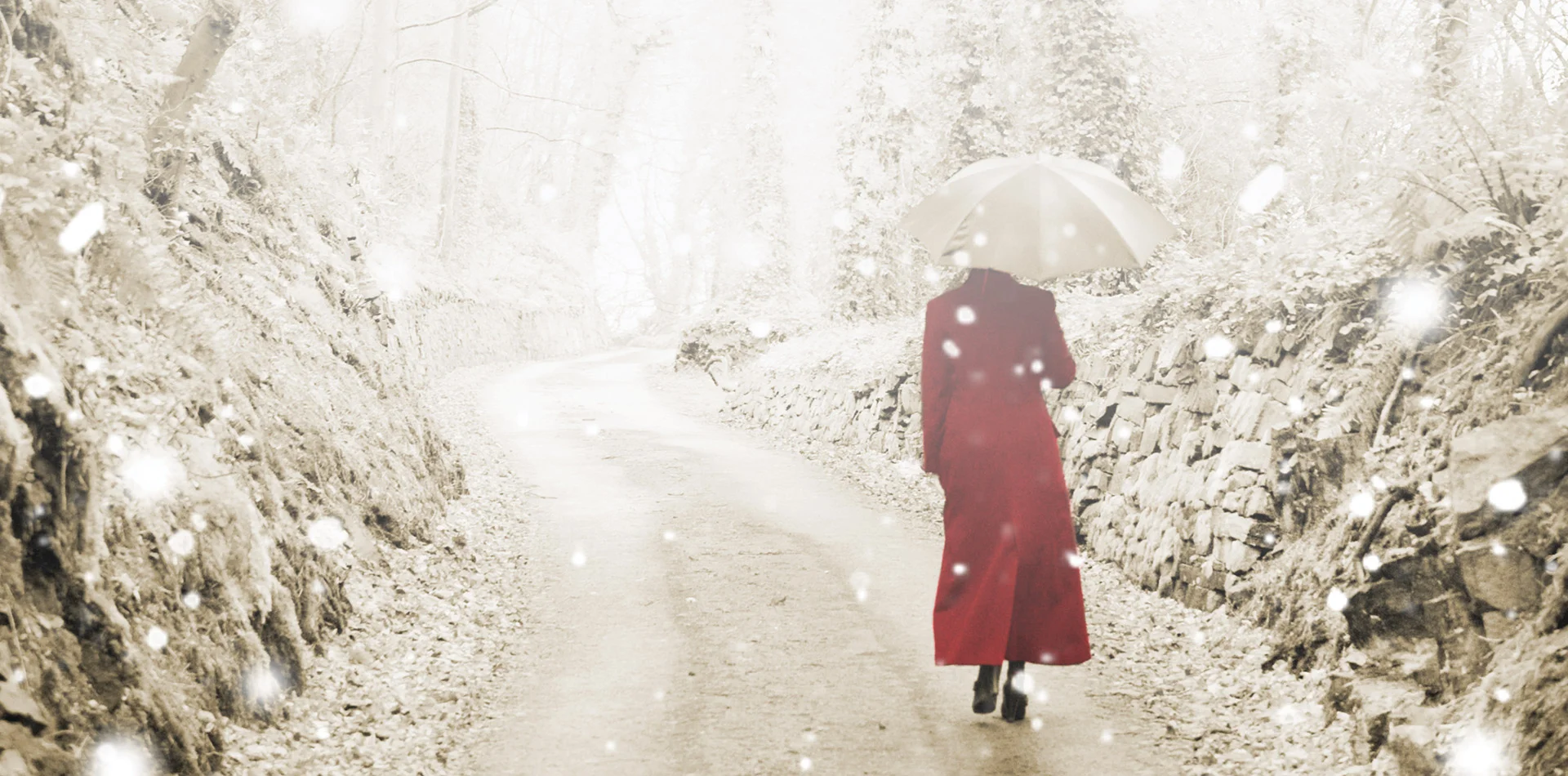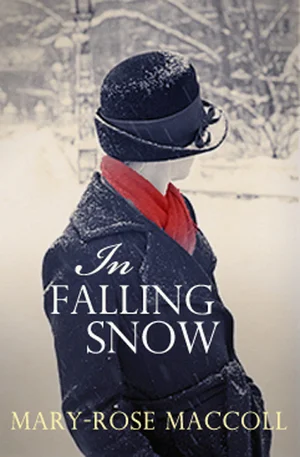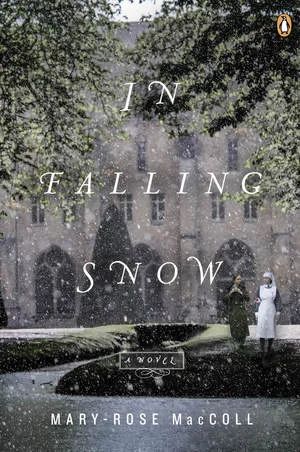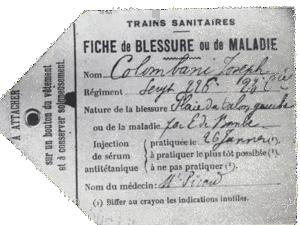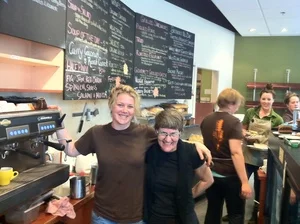“...moves between the past and the present, from Australia to war torn France to create a compelling story of love, loss, friendship, family and dreams.” - Book'd Out
Iris is getting old. A widow, her days are spent living quietly and worrying about her grand-daughter, Grace, a headstrong young doctor. It’s a small sort of life. But one day an invitation comes for Iris through the post to a reunion in France, where she served in a hospital during World War I.
Determined to go, Iris is overcome by the memories of the past when, as a shy naive young woman, she followed her fifteen-year-old brother Tom to France in 1914 intending to bring him home. On her way to find Tom, Iris comes across the charismatic Miss Ivens, who is setting up a field hospital in the old abbey of Royaumont, north of Paris. Putting her fears aside, Iris decides to stay at Royaumont, and it is there that she truly comes of age, finding her capability and her strength, discovering her passion for medicine, making friends with the vivacious Violet and falling in love.
But war is a brutal thing, and when the ultimate tragedy happens, there is a terrible price that Iris has to pay, a price that will echo down the generations.
“A treat to read.” - Culture Street.
Based on the true story of the women who took a hospital to France, In Falling Snow is riveting, says Good Reading Magazine, an “evocative and intriguing tale that captures both the horrors of war and the powerful legacy of love.”
Writing In Falling Snow
I was in the wrong aisle at The University of Queensland library, having transposed two digits in a call number, when I came across a book about the Scottish women doctors who started a hospital in France during the first world war. I sat down on the floor and started reading Eileen Crofton’s marvellous history.
My grandmother died not long after this. I was in Melbourne, Australia at the time. It was raining and cold, and after my uncle called to tell me the news, I went to St Patrick’s cathedral and lit a candle. My grandmother had been a magic person in my young life. She’d trained as a nurse and might have gone to Royaumont if she’d had the kinds of life opportunities I’ve had.
These two experiences, finding the lost history of the women of Royaumont and my grandmother’s death, were the basis for the novel where a young nurse from Stanthorpe, Australia, Iris Crane, goes to the hospital at Royaumont and her life is changed.
I write in notebooks mostly, or on cards, and at the start a novel, it’s really only vague ideas and character sketches and scenes. This is how I worked on In Falling Snow. I visited the abbey where the hospital was set up as a guest of Fondation Royaumont and that was a wonderful experience. I finished the draft in real falling snow, in Banff, Canada. While all the locals complained, I couldn’t have been happier to spend a winter watching the snow fall.
Royaumont
While researching In Falling Snow, I spent two weeks at Royaumont Abbey in France as part of Fondation Royaumont's artist-in-residence program, trying to learn as much as I could about the women who set up a hospital in the abbey during World War I.
As I wandered the abbey—the beautiful refectory, empty now but once the Canada ward, the cloisters where patients sat on summer evenings, the rooms on the second floor that became the Elsie Inglis And Blanche de Castille wards—I started to understand that the building itself would become a character in the novel. Most mornings, Royaumont was shrouded in mist. For Iris, the novel’s main character, Royaumont is a holy place, a haven in the midst of the chaos of war. I started to feel that holiness.
A couple of nights, I was the only person at the abbey. My residency came between Italian jazz composers and French dancers. The musicians and dancers were very kind but I couldn’t keep up with their Italian or French conversations so during my time at Royaumont, I was mostly quiet. I also didn’t take enough books to read and soon finished the few I’d brought. The books in the library were in French that was beyond me, so I couldn’t read.
Forster said ‘Only connect’ and at Royaumont, for one of the few times in my life, I couldn't truly connect with my fellows, through conversation or books. It was an odd and unsettling experience but over time, I became still enough to reflect on the place I’d come to, and the novel is much stronger for the experience.
Banff
I spent nearly a year in Canada working on In Falling Snow, including a winter in Banff ‘in falling snow’ which gave the novel much more than its title.
My son went to school and we were part of a local community that includes many artists. I felt so welcomed. I wanted that feeling of community in the novel so that the hospital would be a place where people would be valued and cared for, the opposite of everything that was happening around them.
Each morning I’d take the little path that led from the Banff Centre, where I was staying, down to Wild Flour Bakery in town and order coffee and start work.
Coming from Australia’s summer, some days the temperature in Banff, at minus 36 degrees centigrade, was more than 60 degrees different from where I’d come from.
At certain stages of writing I like to listen to very loud music in order to stop myself thinking too much. For In Falling Snow, I listened to Radiohead’s The Bends and OK Computer or REM’s Green or Document and, when it was released, Collapse into Now. Other times I need silence and I loved the way the snow—it was very heavy that year—changed the sound of the world.
My Grandfather
My grandfather fought in both world wars, in the first as an officer in the British army and in the second as an infantryman in the Australian army. I think he was just seventeen when he went away to his first war. When I was writing In Falling Snow, I thought a lot about what it must have been like for him, so young in that awful place.
On Anzac Day each year, I walk up to the memorial at the top of our hill where people from our neighbourhood gather to remember those who’ve died in war. One year, when my son was small, he wore my grandfather’s war medals pinned on with safety pins. He said they felt very, very heavy. I imagine they did.
When I visited Royaumont abbey in France where In Falling Snow is partly set, I attended a similar ceremony in a nearby village, with French families and soldiers. When they sang the Marseillaise, perhaps the greatest anthem in the world, I could hear the passion in their voices, still strong, for losses many years past. I thought often about those French citizens still mourning their dead. I thought about my grandfather as a boy at war.
